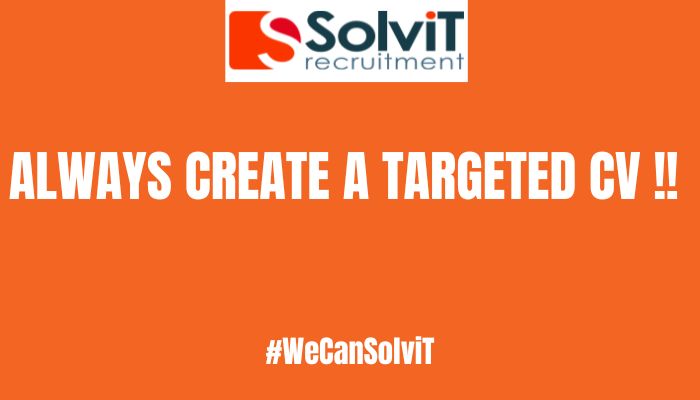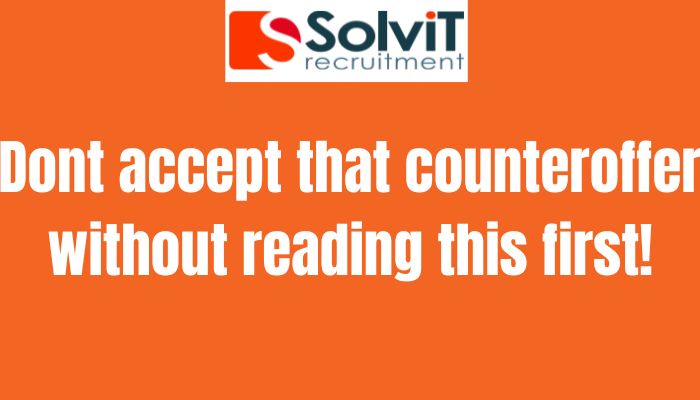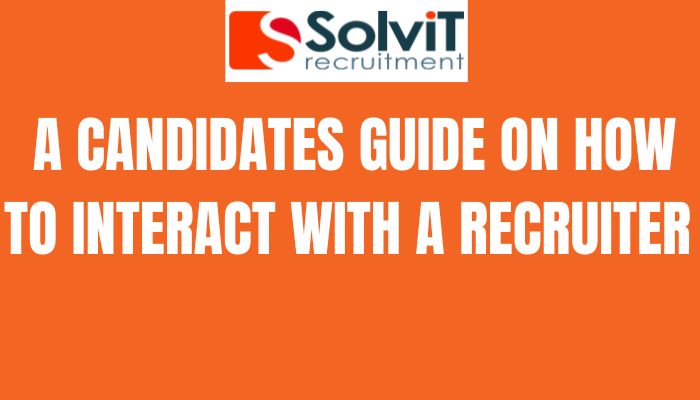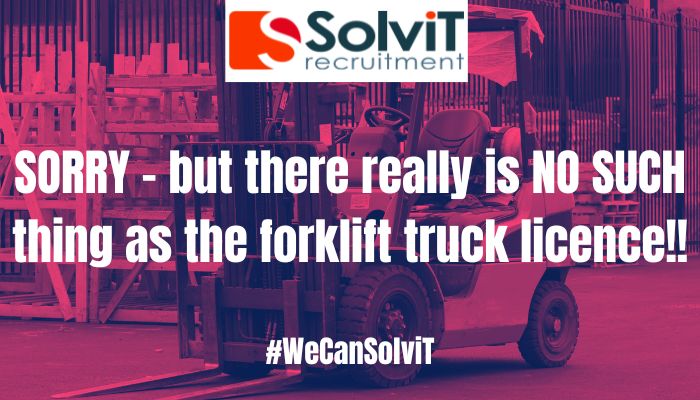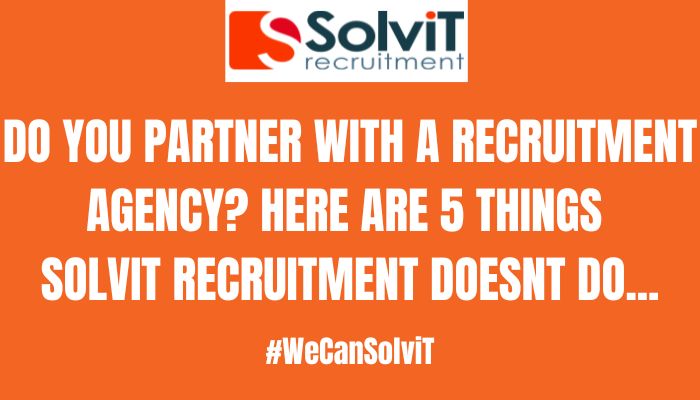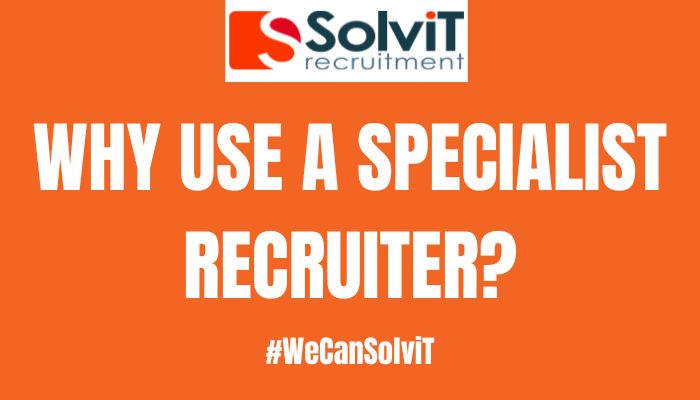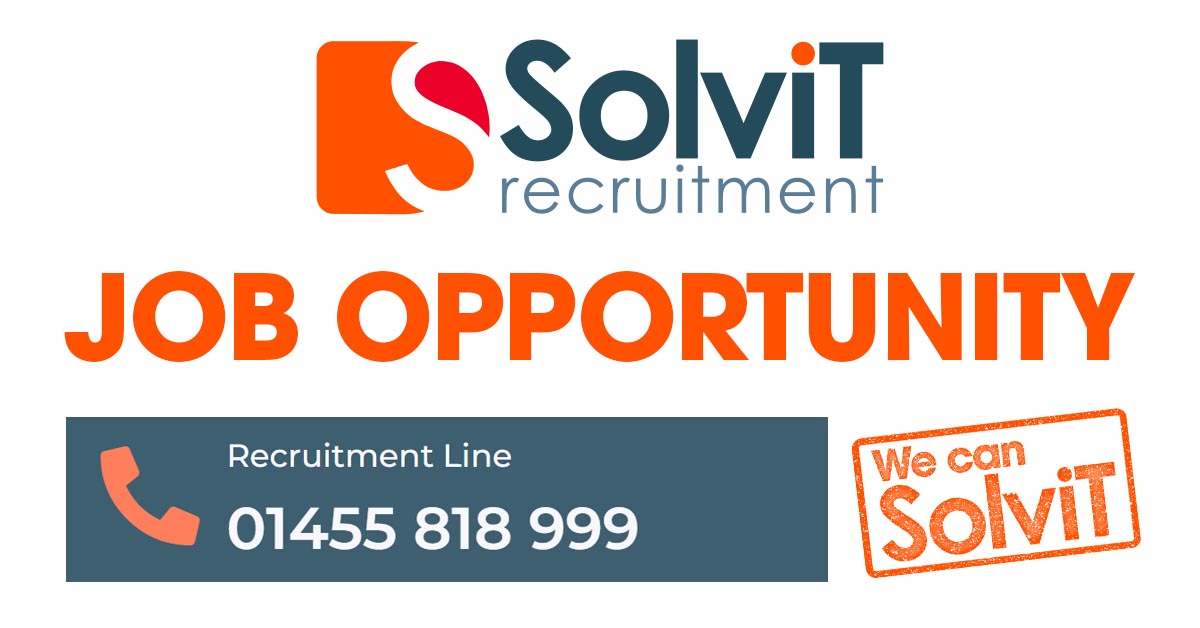Hi there peeps!
As a Midlands based recruiter specialising in the engineering sector, I’ve witnessed countless talented individuals seeking new roles. One key observation I’ve made is the importance of effectively highlighting all the skills that make you the perfect candidate. Let’s dive into why this is crucial and how you can master this art.
Recognising Your Unique Skill Set
First things first, engineering is not just about technical prowess. Yes, your technical skills are the bedrock of your profession, but there’s so much more to you than that. Your problem-solving abilities, creativity, teamwork, and communication skills are equally important. In a field as dynamic and collaborative as engineering, these soft skills can often be the deciding factor in landing that dream job.
The Power of Tailoring Your CV
Your CV is your first impression, and we all know how much that counts. Tailoring your CV to each job application is critical. It’s not just about listing your experiences; it’s about connecting the dots between what you’ve done and what the potential employer needs. Highlight projects where you’ve used skills pertinent to the job description. Remember, relevance is key.
Storytelling in Interviews
During interviews, storytelling can be a powerful tool. Don’t just state what you did; explain how you did it, the challenges you faced, and the outcomes you achieved. This approach not only demonstrates your technical skills but also showcases your problem-solving abilities and how you handle pressure – invaluable traits in engineering roles.
Continuous Professional Development
In the fast-evolving world of engineering, staying updated with the latest trends and technologies is essential. Participating in workshops, seminars, and courses not only enhances your skill set but also shows your commitment to professional growth. Make sure to highlight these in your applications and interviews.
Networking and Personal Branding
In today’s digital age, your online presence can be as influential as your CV. Platforms like LinkedIn are not just for job hunting; they’re for building a personal brand. Share your achievements, participate in discussions, and connect with professionals in your field. This not only broadens your network but also puts you on the radar of potential employers.
The Balancing Act
While it’s important to showcase a wide array of skills, remember to maintain a balance. Overloading your CV with every skill and project can be overwhelming for recruiters. Prioritise and present your skills in a way that aligns with the job you’re applying for.
Final Thoughts
Securing the right engineering role is not just about being skilled; it’s about effectively communicating those skills. Understand the nuances of your profession, be proactive in your personal and professional development, and most importantly, be authentic in showcasing your abilities.
Remember, in the competitive field of engineering, it’s not just about what you know; it’s about how you present what you know. So, go ahead, engineer your path to success by highlighting all the skills that make you the perfect candidate for your new role.
Wishing you all the best in your career journey!
Cheerio!
S

